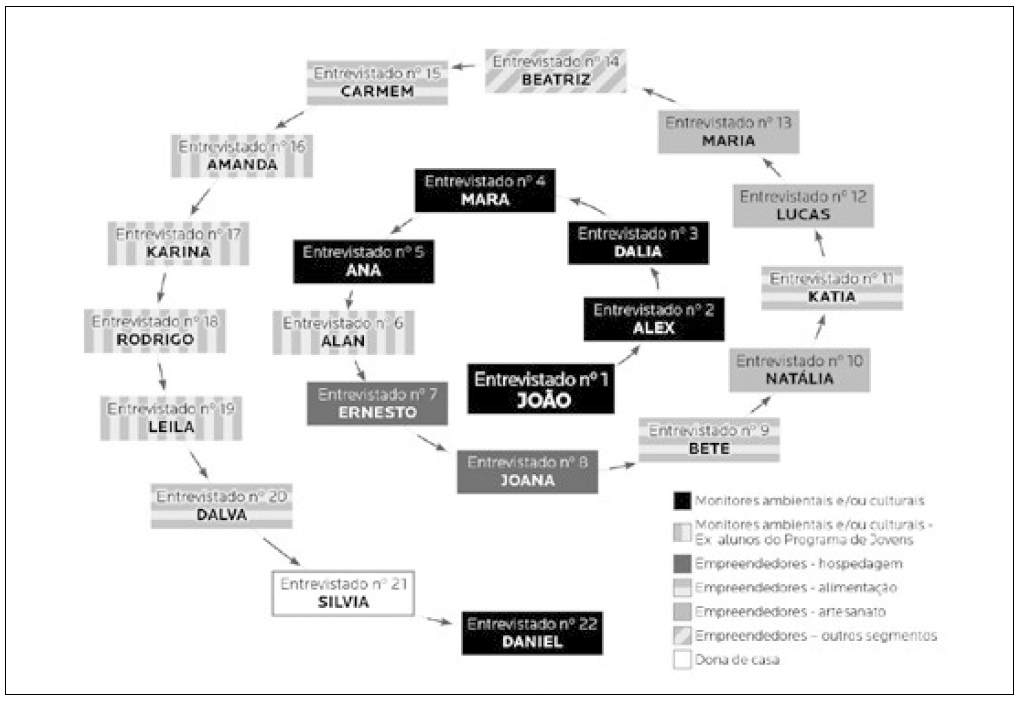Abstract
This study aims at identifying and analyzing actions concerning local development of the village of Paranapiacaba, located in the municipality of Santo André, São Paulo, Brazil, and the ways in which the local inhabitants were inserted in these processes, verifying to what extent these actions strengthened the territoriality and health promotion. The qualitative method employed used as instruments the documentary analysis and oral history. The subjects were adults of both sexes indicated by the snowball sampling technique. The main results showed that the educational and social inclusion processes promoted by the public power, when carried out in a continuous and participative way, favored community action. On the other hand, the discontinuity in public management has weakened the participation and unleashed a process of expropriation of the social space, because the community could not organize itself and be empowered. It was concluded that continuous educational processes are fundamental in the construction of territoriality and empowerment, just as social engagement and negotiation are essential for the exercise of autonomy, so that the community is protagonist of its own history in the construction of public policies for the promotion of health.
Keywords:
Health Promotion; Territoriality; Education; Local Development


